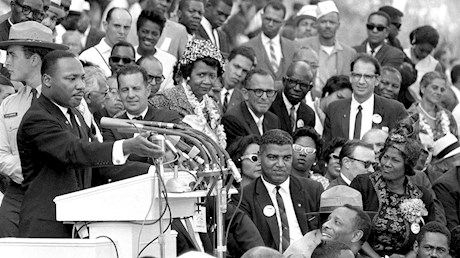For four hours at a megachurch outside of Dallas, pastors of color shared their personal stories of leading a multiethnic church.
One, a lead pastor of a Southern Baptist congregation in Salt Lake City, recalled the “honest conversations” he had with his 10-member leadership team before it agreed that he would present “both sides” of the controversy over quarterback Colin Kaepernick’s kneeling protests at NFL games.
A founding elder of a fledgling Cincinnati congregation expressed satisfaction with her “phenomenal church,” but said “Lift Every Voice and Sing”—a hymn often called the “black national anthem” that most African American churchgoers learn in childhood—is so rarely featured at her multiethnic church that her younger daughter learned it instead from Beyoncé’s version.
A pastor of a church in Atlanta adapted his multicultural services so that its prayers, food, and sermon illustrations included not only the traditions of blacks and whites but those of a member from India, who had noted that his culture had not been acknowledged.
Those leaders, who met at Mosaix Global Network’s Multiethnic Church Conference in November, are part of a decades-long, still burgeoning movement to integrate Christian worship services, aiming to refute the oft-quoted saying by Martin Luther King Jr. that Sunday mornings are the most segregated time of the week in the United States.
In 1998, 6 percent of congregations of all faiths in the US could be described as multiracial; in 2019, according to preliminary findings, 16 percent met that definition. In that time frame, mainline Protestant multiracial congregations rose from 1 percent to 11 percent; …
News brought to you by Christianity Today




